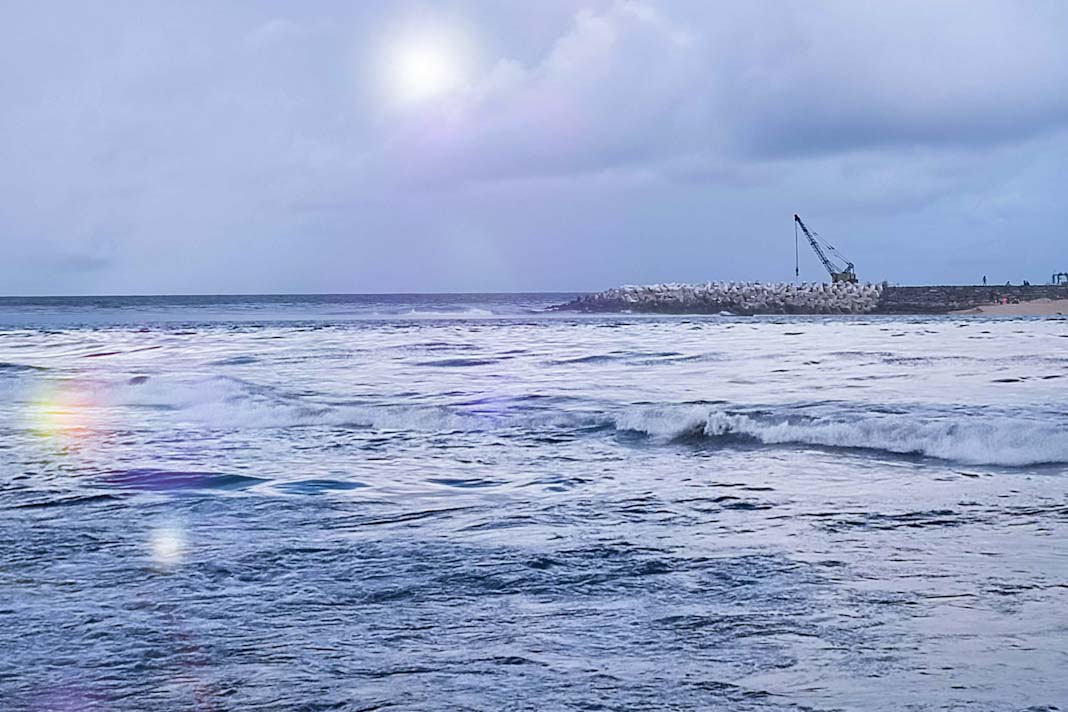So far, the Red Sea crisis has not adversely affected India’s exports and imports, according to an official. Although transportation costs have increased due to longer routes taken by shippers, there is no impact on the volume of trade at present.
Impact On Exports
Despite this reassurance, exporters are expressing concerns about the potential impact on India’s exports due to a significant rise in freight costs. The immediate consequences of the Red Sea crisis include heightened freight costs, mandatory war risk insurance, and substantial delays in shipping due to the need for alternative routes.
The attacks by Yemen-based Houthi rebels on commercial ships in the Red Sea, the world’s busiest shipping route, have disrupted global supply chains. This has led to increased container spot rates and exorbitant freight costs for specific goods, such as Basmati rice.
Challenges For Trade
The ongoing strikes and escalating tensions in the Bab al-Mandab strait, a crucial shipping route connecting the Mediterranean Sea to the Indian Ocean, have forced large shipping firms to avoid the area since December 15. Instead, they are taking a longer route around the Cape of Good Hope, increasing voyage distances by 40% and raising transportation time and costs.
India heavily relies on the Red Sea route for trade and energy imports, but due to the disruptions, exporters are now considering diversifying their trade routes. The closure of the Bab al-Mandab strait has severed a critical trade link between Europe and India, leading to a shift in shipping routes and impacting the efficiency of trade between the two regions. The Red Sea route, although shorter and faster, is currently fraught with risks, pushing shipping companies to opt for the longer but safer Cape of Good Hope route.
Did you subscribe to our daily Newsletter?
It’s Free! Click here to Subscribe
Source: ConstructionWorld



















